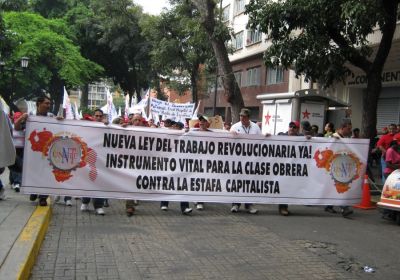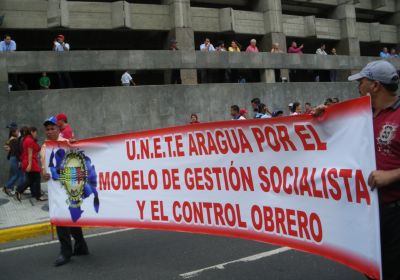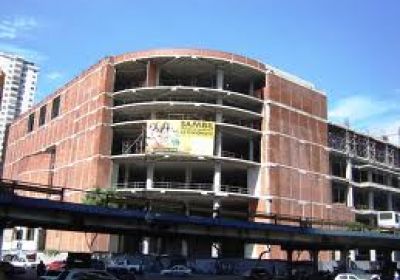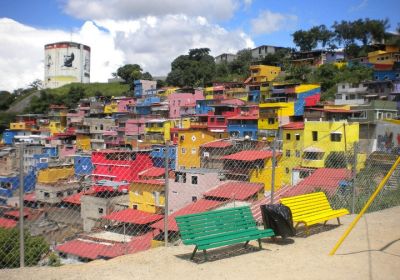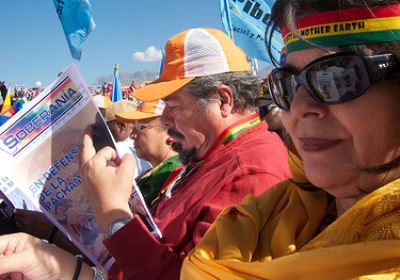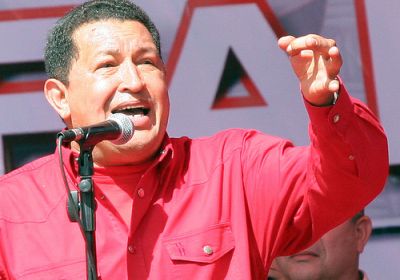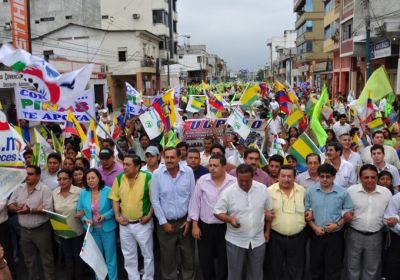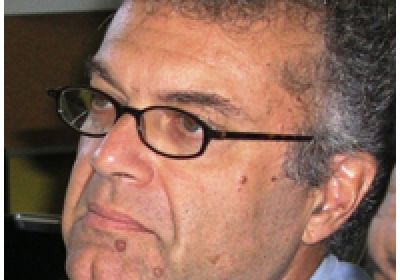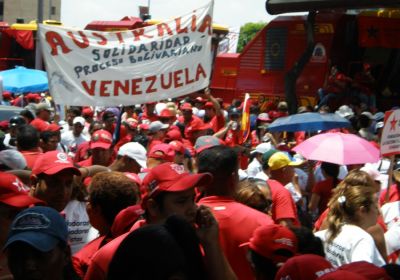
The Venezuelan government has begun distributing the first of 350,000 portable Canaima laptop computers to be provided to public elementary school children by the end of the year, Venezuelanalysis.com said on November 17.
Education minister Jennifer Gil said: “The Canaima Plan is a milestone and a technological innovation. It allows us to keep deepening our integral and massive education system that does not involve just students, but the entire family environment, parents, representatives and teachers.”
